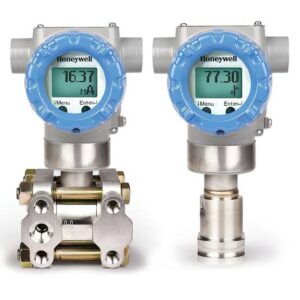

Process Instrumentation
Duration: 3 Months
This course teaches students how industries monitor and control parameters like pressure, temperature, flow, and level using precision instruments. You’ll work with real-world sensors, transmitters, controllers, and calibrators. Ideal for process industries like oil & gas, pharmaceuticals, and chemical manufacturing, this course combines deep technical knowledge with practical handling of devices.
Modules Covered:
Process Instrumentation – Syllabus (Analog I/O Focus)
-
Introduction to Process Instrumentation
-
Importance of instrumentation in industries
-
Overview of process parameters: Pressure, Temperature, Flow, Level
-
-
Sensors and Transmitters
-
Working principles of analog sensors
-
2-wire, 3-wire, and 4-wire transmitter concepts
-
4–20 mA and 0–10 V analog signal standards
-
-
Analog Input Modules (AI)
-
Connecting analog sensors to PLCs
-
Signal scaling and linearization techniques
-
Calibration and error compensation
-
-
Analog Output Modules (AO)
-
Control of actuators (valves, VFDs, heaters) using analog outputs
-
Generating 4–20 mA or 0–10 V control signals
-
Output scaling and tuning methods
-
-
Practical Wiring and Signal Conditioning
-
Shielded cable usage and grounding practices
-
Noise reduction techniques in analog systems
-
-
Application Projects
-
Level monitoring and control using ultrasonic/radar sensors
-
PID control of temperature, pressure, and flow processes
-
Analog feedback loop implementation with PLCs
-
By the end of this training, you’ll be skilled in setting up, maintaining, and troubleshooting industrial instruments, making you valuable in any automation setup.
Placement Scope:
You can pursue roles like Instrumentation Engineer, Calibration Technician, or Control Engineer in industries such as power plants, oil refineries, pharma labs, and water treatment facilities.



